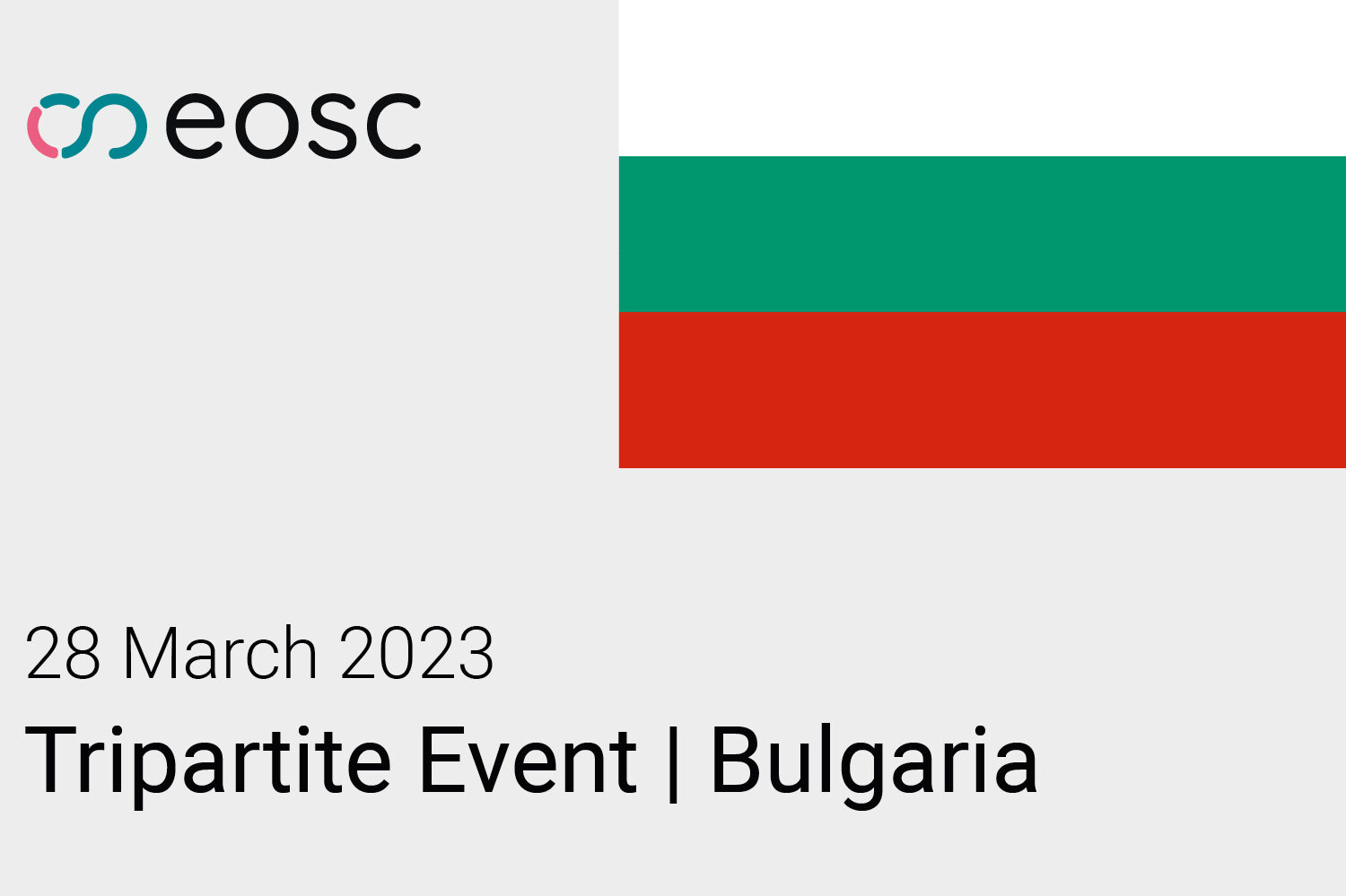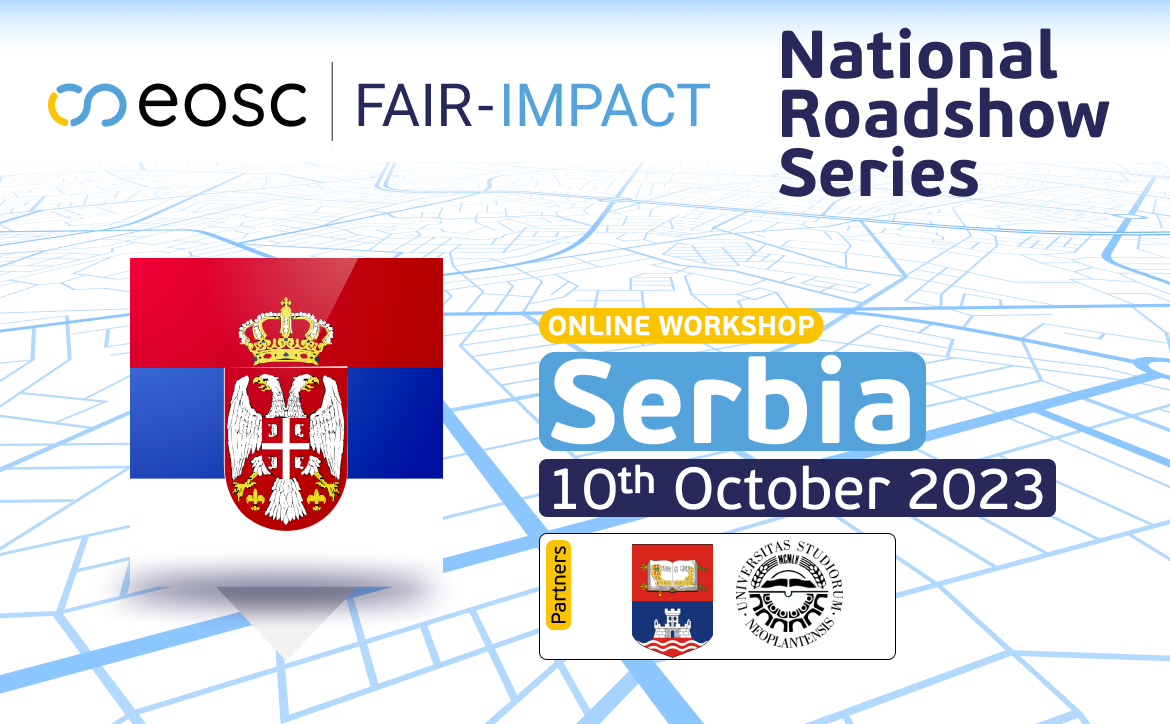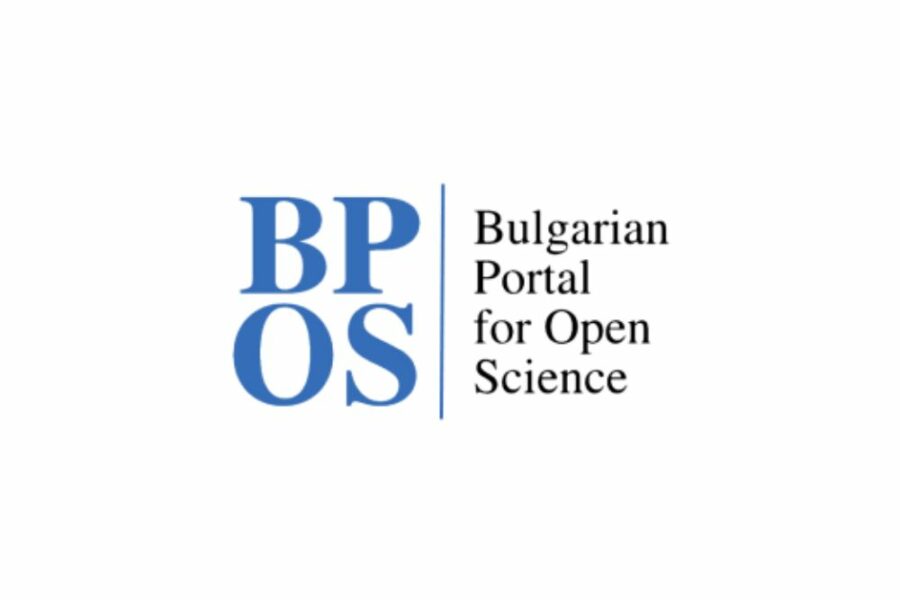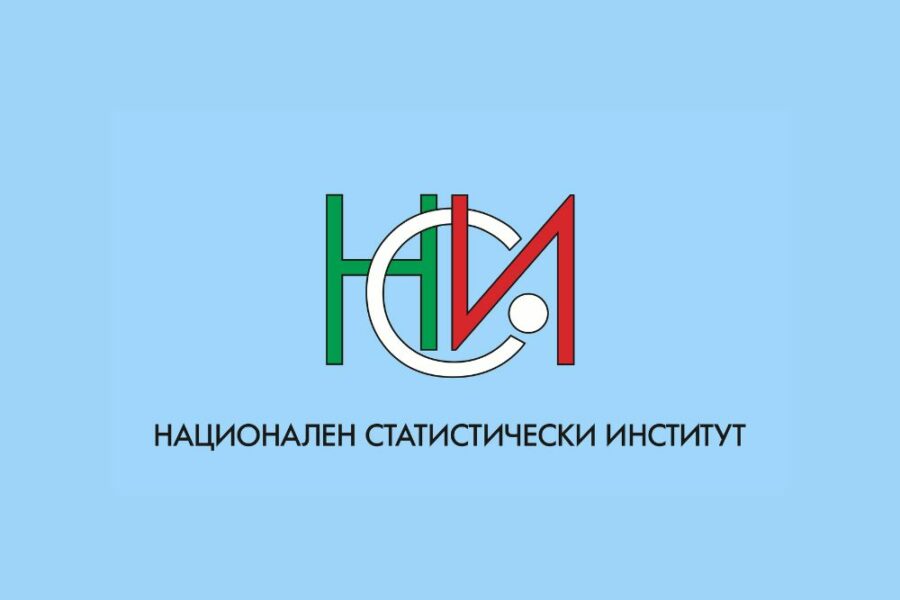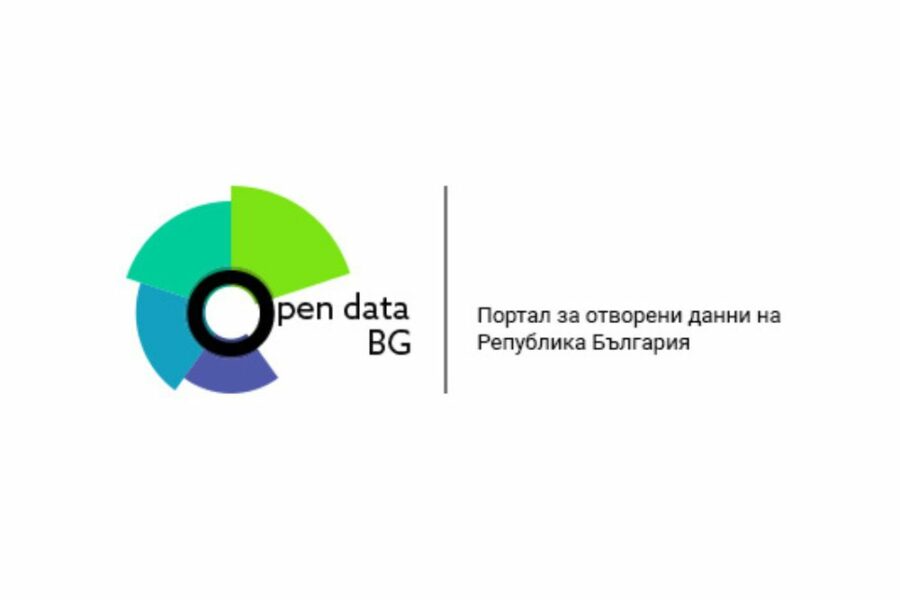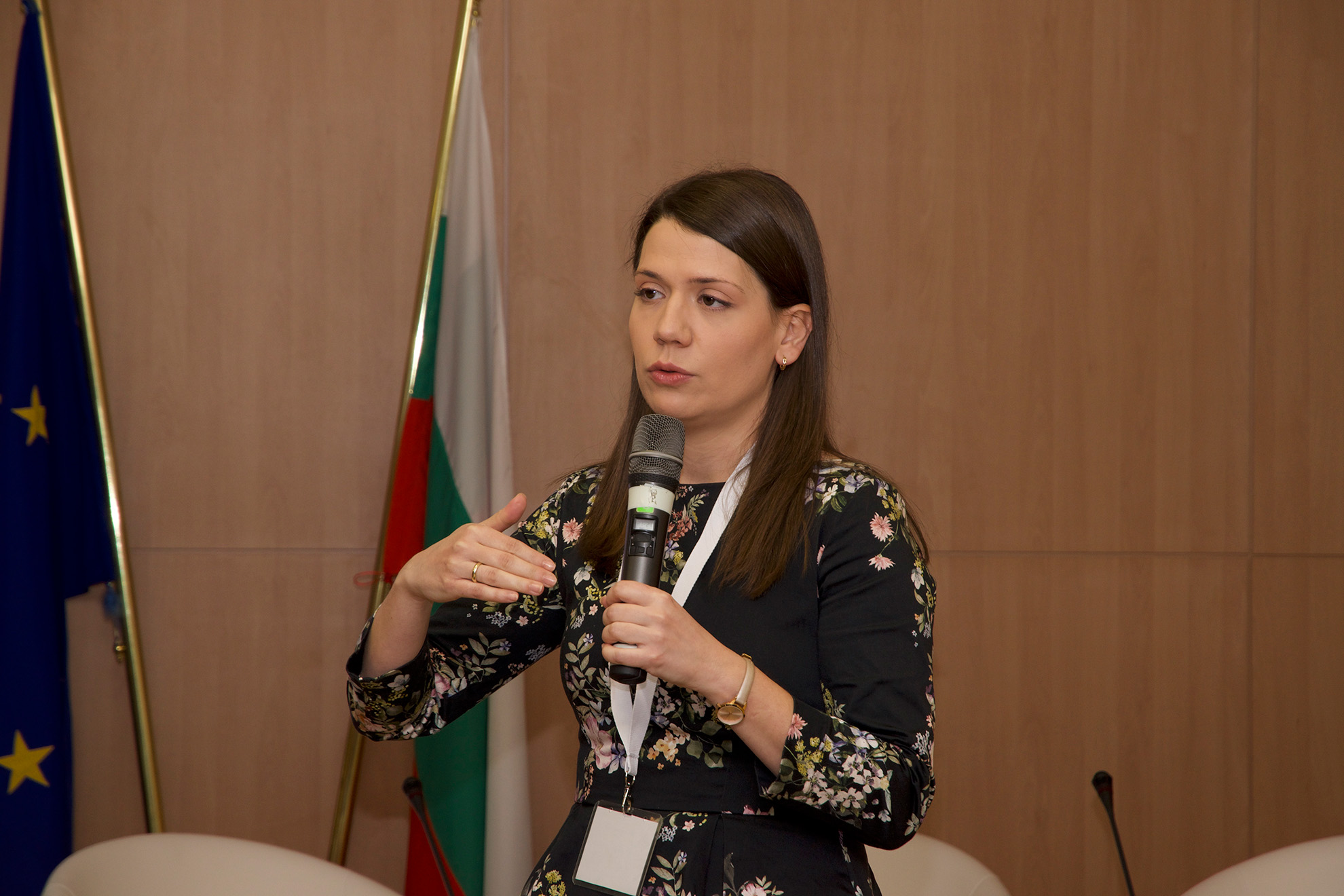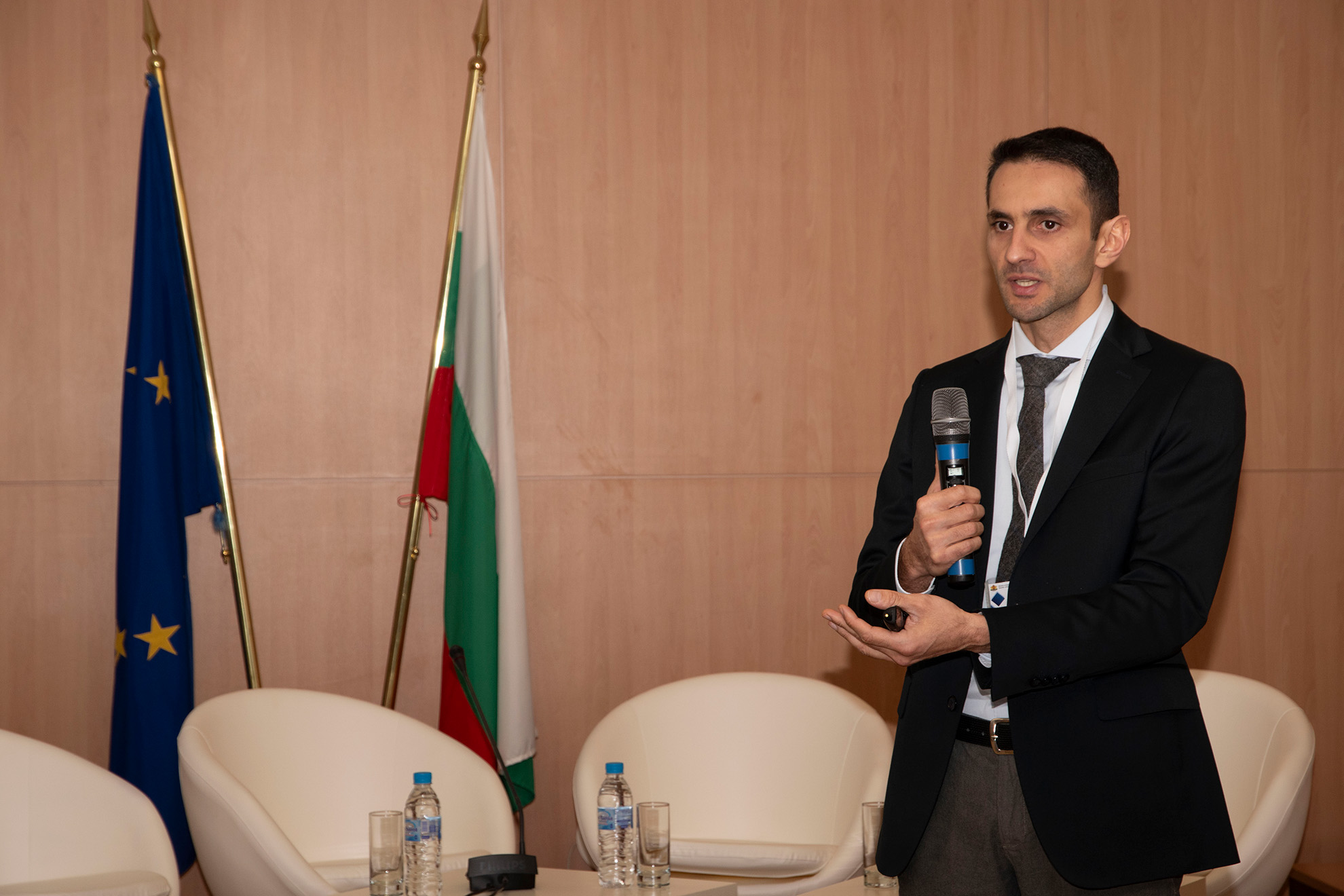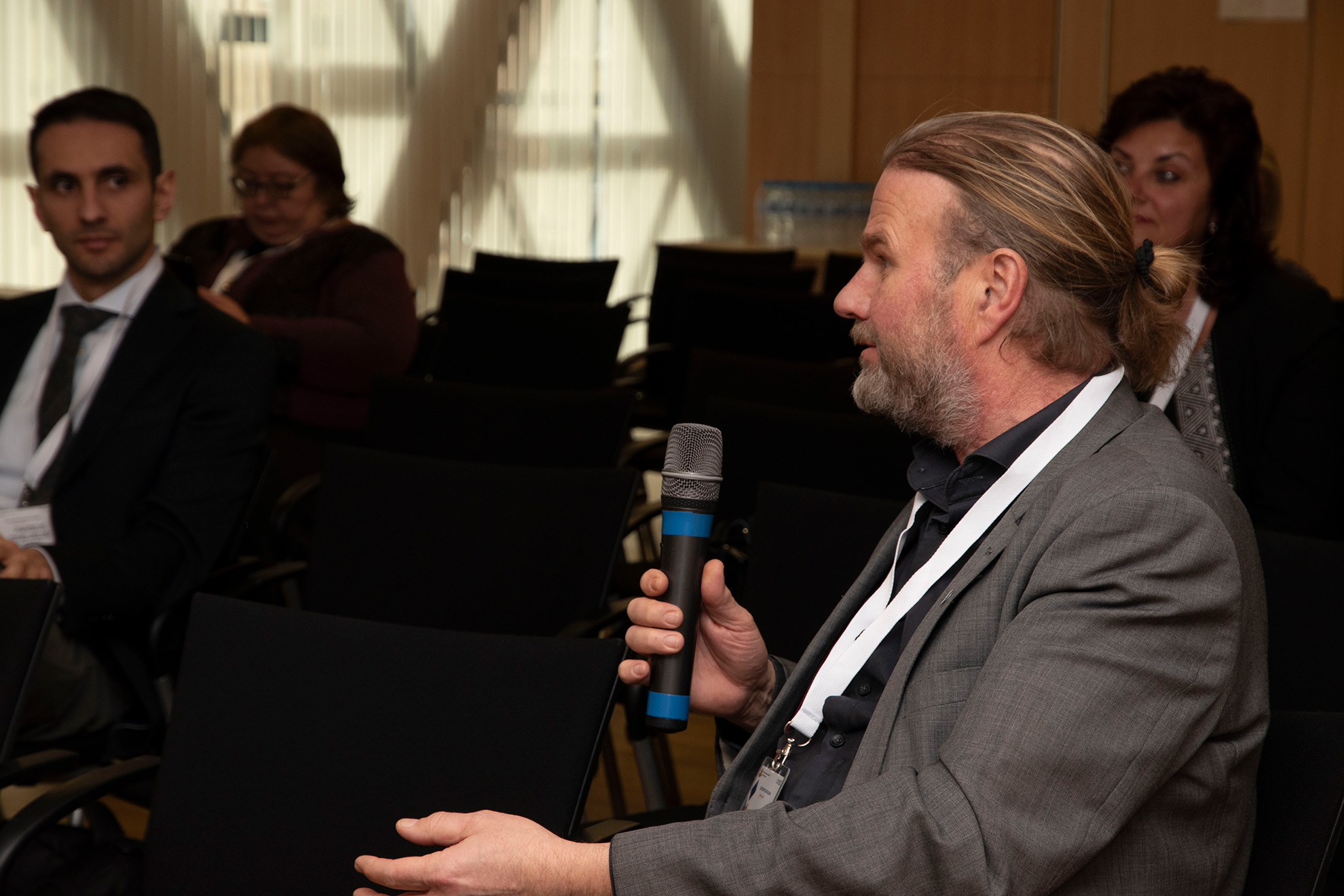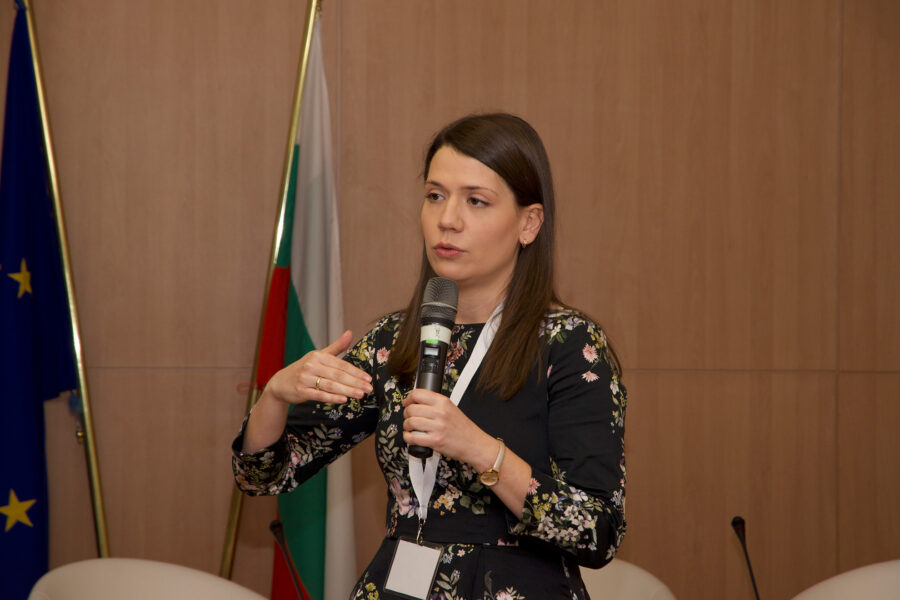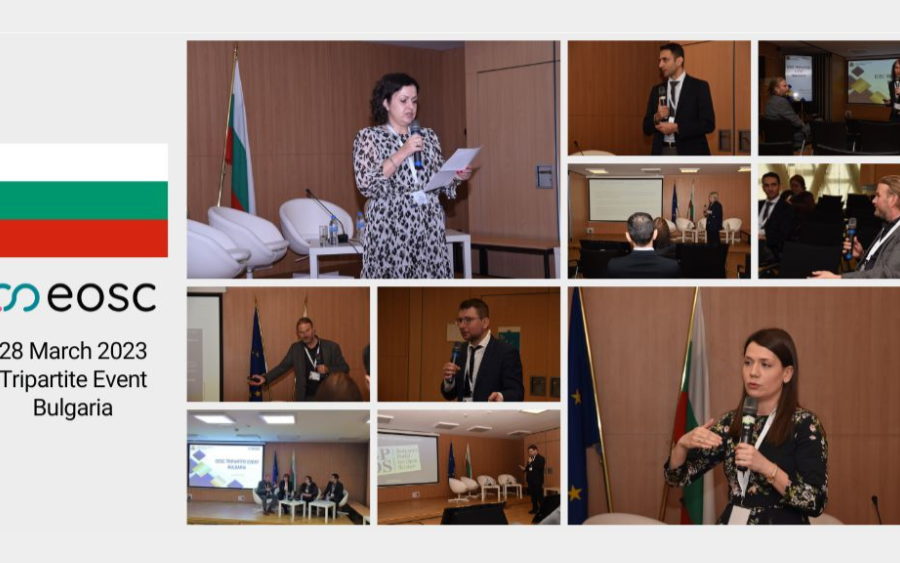
Bulgaria
Overview
European Commission
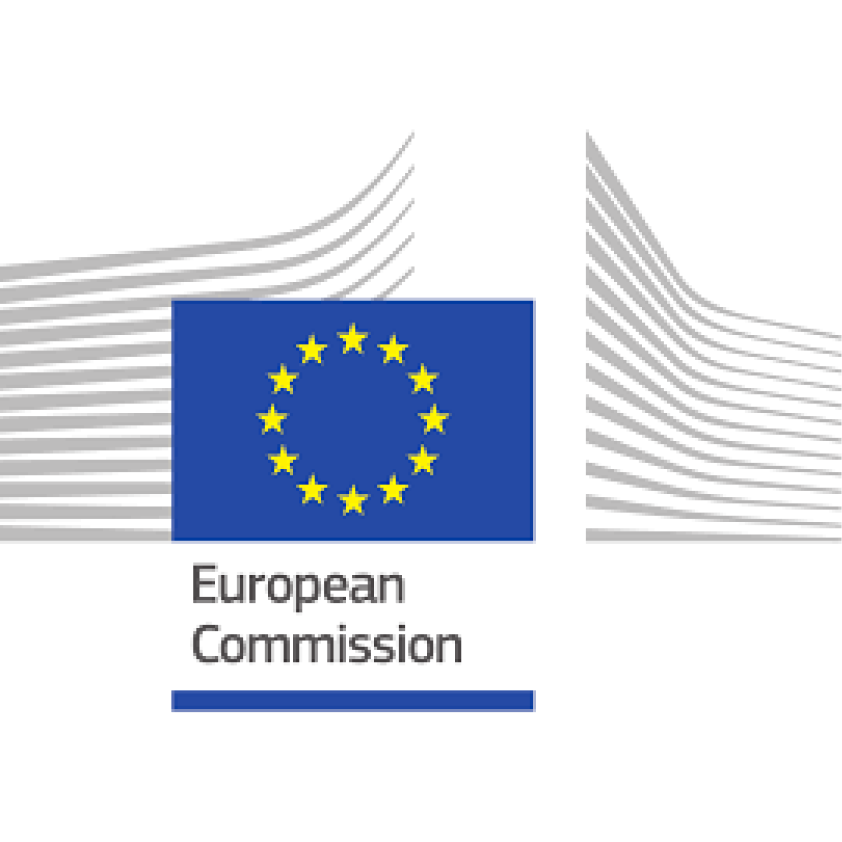
EOSC Steering Board representatives
The open access to scientific information initiative is directly correlated with Bulgarian national strategic priorities in the field of science and innovation. The Implementation plan for the National strategy for the development of the scientific research 2017 – 2030 and the National concept for open access to scientific information provides an analysis of the tendencies in the development of the initiative and outline essential steps, actions and prerequisites for the transition towards open science.
Bulgaria adopted the National Open Science Plan in January 2021. The priorities of the Plan are:
- Maintain a trusted infrastructure for OA publications and data
- Incentives for researchers at the national level to adopt OA practices
- Align national and institutional OA policies
- Promote OA practices and foster new skills and competence
The Bulgarian Portal for Open Science (BPOS) was established in October 2021 as a building block of this initiative. It is maintained by the National Centre for Information and Documentation (NACID)in compliance with Commission recommendation (EU) 2018/790 of 25 April 2018 on access to and preservation of scientific information. BPOS aims to stimulate the publication activity of the researchers and increase the number of their scientific publications in authoritative scientific journals, referenced or indexed in the global databases WEB of Science or Scopus; and promote the culture of sharing scientific information with open access (Proykova 2023)
The National Centre for Information and Documentation plays a role of a national repository and a leading institution in data-related policy and practices. It is in charge of data management policy, and infrastructural and human resources capacities in Bulgaria. The portal and the national repository form a system that provides researchers and the public at large with access to scientific publications and other research outputs free of charge in an open and non-discriminatory manner. The system enables the dissemination and enables use and re-use of scientific research results, thus minimising efforts and maximising the benefits of the research. BPOS provided sufficient evidence that its procedures, documentation, metadata and technical infrastructure meets the 16 requirements of CoreTrustSeal.
The government provided the funds for universities and research organisations for the period 2022-2025. This includes awards and/or other financial incentives to researchers for their scientific publications in journals (including Open Access)(Porykova 2023).
Bulgarian Initiative for Open Data and Cloud Computing (BgI-ODCC)
The Bulgarian Initiative for Open Data and Cloud Computing (BgI-ODCC) was established in September 2021. The Memorandum of Understanding was signed by the following entities:
- Institute of Information and Communication Technologies;
- Bulgarian Academy of Sciences (IICT-BAS);
- Sofia University “St. Kliment Ohridski” (SU);
- Institute of Mathematics and Informatics, Bulgarian Academy of Sciences (IMI-BAS);
- National Institute of Geophysics, Geodesy and Geography, Bulgarian Academy of Sciences (NIGGG-BAS);
- Institute of Mechanics, Bulgarian Academy of Sciences (IMechBAS);
- Technical University of Sofia (TU-Sofia);
- Medical University, Sofia (MU-Sofia);
- University of Plovdiv “St. Paisiy Hilendarski” (Uni-Plovdiv):
- University of Library Studies and Information Technologies, Sofia (ULSIT –Sofia).
The main purpose is to provide faster and seamless sharing of publications, data and other digital research outputs and thus strengthen the communication and collaboration between scientists. The initiative aims to open opportunities for new levels of integration and raise awareness to facilitate a global, sustainable and cooperative Open Science.
The main goal of engagement with EOSC is to provide researchers and people who are interested, with access to scientific publications reviewed by independent experts, reliable research data and results, in an open and non-discriminatory manner at the earliest possible stage of the dissemination process, as well as to provide an opportunity for their use and reuse.
Main priorities of the EOSC national structure:
- Engaging stakeholders at national level into EOSC
- Disseminating and promoting EOSC at national level
- Offering a channel to connect the national stakeholders with the EOSC Governance
Main activities:
- EOSC Awareness creation at national level
- Creation of a national EOSC community including all different types of stakeholders to discuss and share experiences on EOSC and increase EOSC competences at national level
- Engagement of organisations into the EOSC Association
- Organisation of public webinars/events to:
- inform national stakeholders about the EOSC latest developments
- collect feedback from national players and feed them into the EOSC Governance & other EOSC activities (e.g. EOSC-related projects)
- discuss EOSC-related topics at national/EU level (e.g. researchers incentives and rewards)
The whole process of founding the BgI-ODCC is monitored by representatives of the Ministry of Education and Science.
National Events
National Tripartite Event Bulgaria
The Tripartite Event Bulgaria took place in Sofia, Bulgaria, on 28 March 2023. The Bulgarian Open Science Plan aims to maintain a trusted infrastructure for open science publications and data, to create incentives for researchers, to adopt...
Policies
National Open Science Plan 2021-2025 – A national plan for the development of Open Science Initiatives in Bulgaria was approved by the Ministry of Education and Science (MES) in January 2021. The main strategic document with regards to open science that outlines the open science vision of Bulgaria, gives an overview of reached milestones and takes them into account and outlines detailed objectives, commitments and action points with regard to the development and sustainability of the open science initiative in Bulgaria for the next five years. The strategic goal is to take the necessary steps and tools for the transition to the transformation of open science into a standard practice for conducting research in Bulgaria. One of the key objectives is ensures the connection of Bulgarian resources with the European Open Science Cloud. It creates national system of OS incentives:
- Actively involve researchers in the development of the initiative;
- Incorporate new criteria related to Open Science in the research assessment process;
- Adapt the funding system (guides, rules, grant agreements) to the new realities of Open Science;
- Provide financial instruments to engage researchers and institutions in open science as a way to allocate funds.
The Plan should be promoted and implemented in a coordinated and joint manner by the scientific community in the country and by the organisations funding research.
National strategy for the development of the scientific research 2017 – 2030 and its Implementation plan identifies that “open access to scientific information” is a strategic action point and also there is an objective “active participation in the European research area and strengthening international cooperation and partnerships in the field of science, including the EOSC and similar initiatives.”
The National concept for open access to scientific information – outlines the essence and framework of open science.
Guidelines on sharing scientific publications with open access and using the national repository and the portal for open science are published in the Bulgarian Portal for Open Science (BPOS) and are distributed within the research community.
In October 2021, the Council of Ministers adopted a national program aimed to induce the publication activity of the scientific research staff and increase the number of scientific publications in authoritative scientific journals, referenced or indexed in the global databases Web of Science or Scopus, as well as promote the culture of sharing scientific information with open access. The program covers a three and a half period of time (2022-2025) and one of the eligibility criteria for the program’s beneficiaries (universities and research organisations) is to have a valid BPOS account as a content provider. Funds under the program are aimed to serve as additional work remuneration, awards or other financial incentives to research staff for scientific publications in journals (including open access) referenced or indexed in the global databases Web of Science or Scopus in the previous calendar year.
In March 2022 the Bulgarian Portal for Open Science was certified as a Trustworthy Data Repository by the CoreTrustSeal Standards. The national repository underwent the rigorous certification process and provided sufficient evidence that its procedures, documentation, metadata and technical infrastructure meets the sixteen requirements formulated by CoreTrustSeal. The requirements concern important issues such as the measures taken to guarantee the integrity and authenticity of scientific resources, the existence of documented processes and procedures for storage, the mechanisms for checking and ensuring the quality, relevance and comprehensibility of the scientific resources, the use of reliable hardware and software solutions, as well as the measures taken to protect the resources, services and users. The certification procedure is meant to provide transparency of the work processes of BPOS and demonstrate its compliance with the latest standards in the field of research data management and long-term preservation.
As a result of the continuous efforts of the universities, research organisations, the Ministry of education and science and the National center for information and documentation, the number of open access publications in the BPOS is increasing. By July 2022 the number of scientific publications available in BPOS exceeds 31 000, out of which 89 % are published with open access from 99 registered content providers (including universities, research organisations, hospitals and publishers).
In June 2022 the Ministry of Education and Science concluded a new agreement with one of the main scientific publishers. The agreement with Elsevier is in implementation of the National Strategy for the Development of Scientific Research in the Republic of Bulgaria and provides subscription access for higher schools and scientific organisations to the publishing house’s databases.
The new agreement is concluded for the period 2022-2025 and offers an extended scope of the subscription, which also includes a subscription to e-books for the entire period, as well as the organisation of an extended seminar on the development of scientific activity in the system of higher education.
The biggest success of the agreement between the Ministry of Education and Science and the publishing house is the “Open Access” pilot project. The service grants the right to publish open access articles in the main hybrid journals owned by Elsevier and published by the publisher. Corresponding authors may publish a specified number of open access articles within the term of the agreement without paying a publication fee. In the event that the maximum number of articles per subscription year is reached, the agreement provides for preferential prices for Bulgarian users included in the list of users.
EOSC in Practice
Embracing the principles of transparency, reproducibility, and accessibility, these examples highlight the innovative approaches adopted by researchers across various disciplines. From open data sharing and collaborative platforms to pre-registration and open peer review, these practices enhance scientific integrity and contribute to the advancement of knowledge.
People
-
NTE Bulgaria
28 March 2023, Sofia
EU Projects
Please find here the EOSC-related projects where members from this country are involved as partners.










































